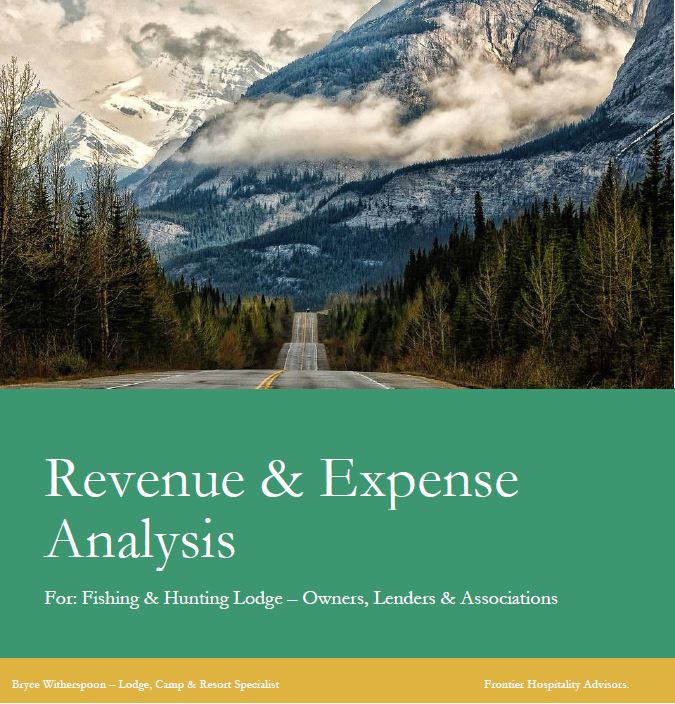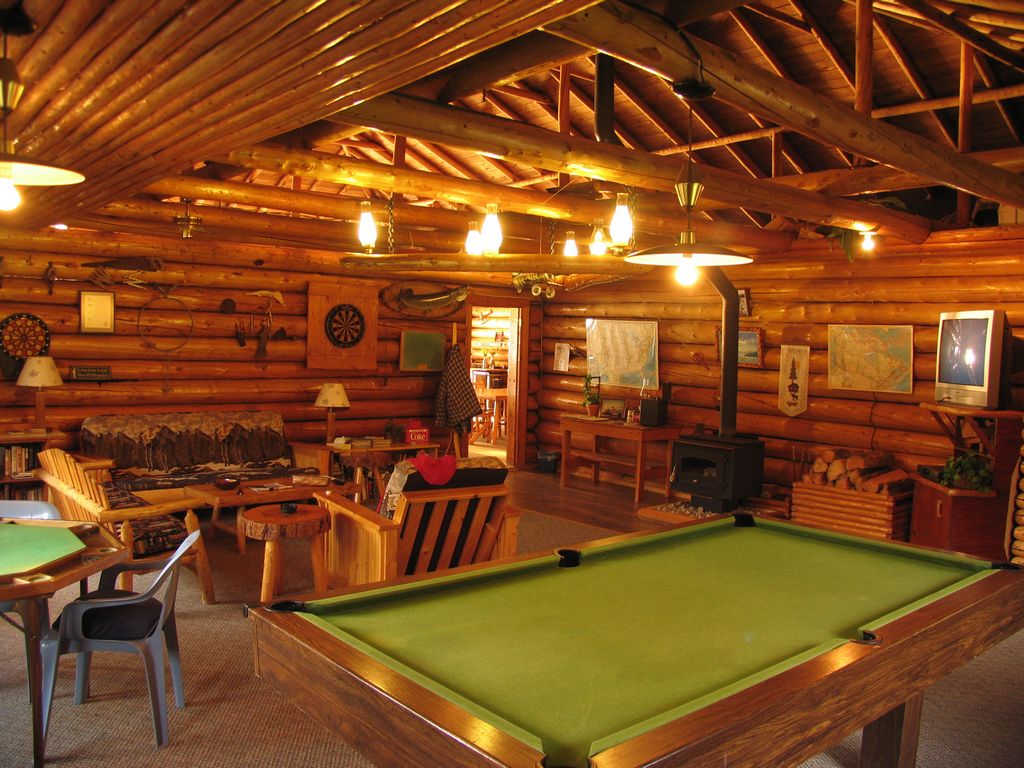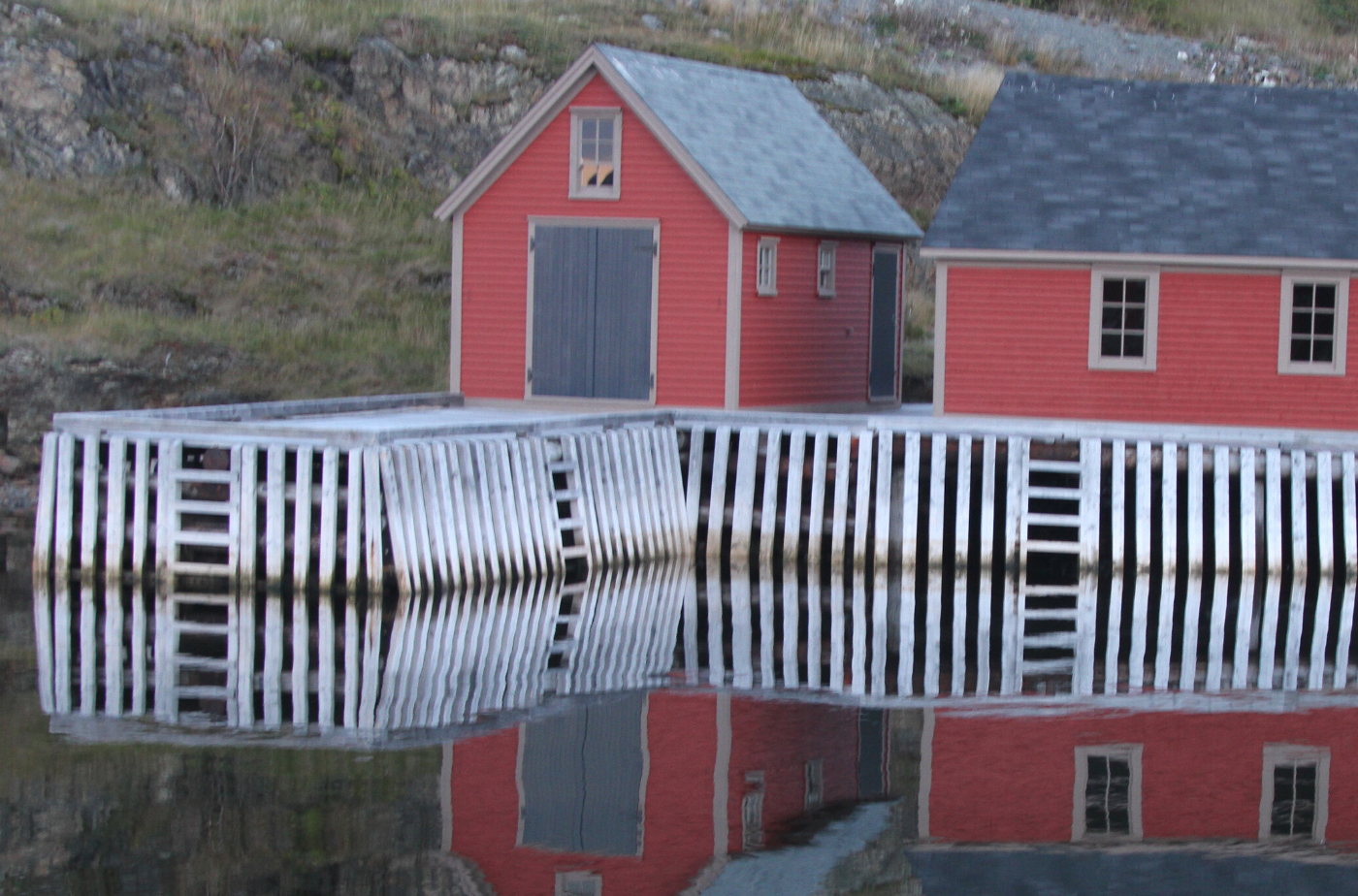How to Sell a Fishing & Hunting Lodge or Resort Sole Proprietorship
The sole proprietorship business structure is commonly used by fishing & hunting lodge and resort owners because of its simplicity
Both the Canadian and US Governments have very few legal requirements to create or sell a sole proprietorship.
This business structure dissolves in one of three ways, the owner dies, you permanently close, or you sell your business.
If your fishing & hunting lodge or resort business is set up as a sole proprietorship, you might be confused about how to sell the business because there isn’t a separate legal entity.
The specifics of the sales process for a fishing & hunting lodge or resort sole proprietorship will be discussed in detail below.
What Can a Sole Proprietorship Sell or Transfer?
If you have structured your fishing & hunting lodge or resort business as a sole-proprietorship, you can sell the assets, but you will not be able to sell or transfer the business registration.
You will have to close your business and the new owner will have to set up their own accounts. Once they have created their own business structure, the sale transaction for the business’ assets can begin.
A lot of outdoor tourism business investors like to purchase sole proprietorships because they are only purchasing the assets of the business, which means there are significantly less legal items to address during the sale process.
Tangible Vs Intangible
The tangible and intangible business assets being transferred will need to be clearly stated in an asset purchase agreement.
Tangible assets refer to all physical assets, such as boats, motors, docks, tools, equipment, inventory, supplies, land and of course buildings.
Intangible assets refer to intellectual properties that are not physical such as trademarks, patents, copyrights, and brand names.
It is up to you to decide which of your business’ assets you want to sell. Obviously the more you include will result in a higher sale price and also may result in the business being more attractive to potential buyers.
Valuation of a Sole Proprietorship
Each fishing & hunting lodge, camp & resort sole proprietorship is different, and insider information on the sale of comparable businesses is typically not available to the public.
These types of businesses have so many variables that can influence the sale price such as; number of boats and motors included in the sale, vendor take back agreements, outposts and on and on.
Utilizing a specialist for this type of valuation is extremely important because a general business appraiser is not going to have the required insider information.
Value the Assets
One of the most basic ways of appraising a fishing & hunting lodge, camp or resort sole proprietorship is by establishing a value for the company’s assets.
A sole proprietor may use assets for both business and personal purposes, the business owner will need to separate out which assets he wants to sell as part of the business.
The business will be worth at least as much as it would take a person to buy those assets from a third party.
Valuation Based on Revenue
Considering only the assets does not take into account the many intangibles that make a fishing & hunting lodge, camp or resort business successful, like its customer base, loyalty and brand recognition.
The amount of money that a business makes is a good indicator of the intangibles listed above and also of its future potential.
A valuation based on revenue is often set based on a multiple of net income. A good appraiser will have data on similar business sales and will know what multiple of EBITDA similar businesses are selling for.
Consider Goodwill
Lodge, camp and resort businesses have one major asset – a guest list.
Appraising a sole proprietorship is more speculative than appraising any other type of business entity because the business is so closely tied to the owner.
An earnings valuation of a sole proprietorship that relies on a guest list should assess the likelihood of loyal repeat guests coming back with a new owner if the business is sold and then estimate the likely profit from the list after expenses are deducted from revenue.
The Buy-Sell Agreement
When you sell a fishing & hunting lodge, camp or resort sole proprietorship, a buy-sell agreement is critical to use for the transaction.
This agreement must highlight all of the assets that are being transferred with the sale of the business.
It should outline any other stipulations that pertain to the operation of the business after the assets are transferred. For example, a non-compete agreement is often used in conjunction with a buy-sell agreement.
Aside from the intangible assets, you need to list all the tangible assets in the buy-sell agreement. This means every piece of inventory, supplies, equipment, chattels, real estate, and other property that you want to include.
This due diligence checklist should be of assistance when preparing for sale.
In some circumstances, you may want to include a provision in the agreement where you offer training to the buyer. That way, they will know how to run their new business just like you ran your sole proprietorship.
Offering this training to your buyer would be a nice incentive to get them to purchase your business assets.
The Handling of Debts
Fishing & hunting lodge, camp & resort Sole proprietorship business debts are handled different than other business forms because the original proprietor still has to pay off any business debts.
The only good news is that the debts and liabilities have no effect on the buyer. Even if you owe a lot of money to creditors, you can still proceed with the sale of your business and not have to worry about clearing the debts first.
If the sole proprietor is saddled with business debt even after the asset sale, the only option may be to file personal bankruptcy and request a discharge.
Closing the Sale
Once the buy-sell agreement has been signed by both parties, the closing of the sale can begin.
This involves handing over all of the tangible and intangible assets to the buyer that were listed on the asset purchase agreement.
Fishing & Hunting Lodge, Camp & Resort sales include boats, motors, vehicles and real estate assets, you need to sign over the deed or title paperwork to the buyer so they can take over ownership of them.
Here is a list of things you should do to close your business after sale:
- Cancel your business registration for your sole proprietorship
- File a last tax return, if you have dissolved a corporation
- Close your RST/PST/QST accounts with the appropriate provincial agency
- Close your payroll accounts
- Close your GST/HST accounts
This article has been prepared by Frontier Hospitality Advisor for general information only. Frontier Hospitality Advisor makes no guarantees, representations or warranties of any kind, expressed or implied, regarding the information including, but not limited to, warranties of content, accuracy and reliability. Any interested party should undertake their own inquiries as to the accuracy of the information. Frontier Hospitality Advisor excludes unequivocally all inferred or implied terms, conditions and warranties arising out of this article and excludes all liability for loss and damages arising there from.



